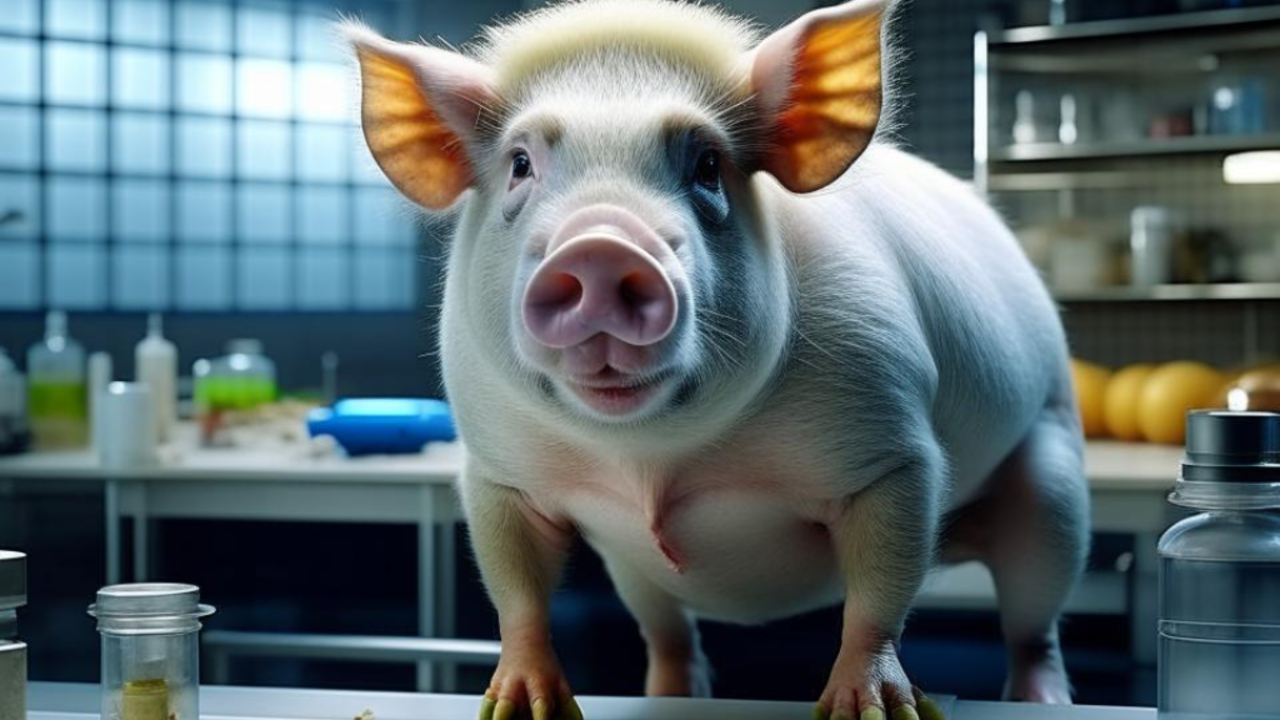Such a clear breakthrough could help reduce the waiting list for transplant patients.
Organ transplantation is often the only option for patients with advanced disease. However, donor shortage remains a critical issue.
Xenotransplantation, or organ transplantation from animals to humans, is seen as a possible solution. In this regard, pigs are considered the most suitable due to the size of their organs.
To minimize the risk of rejection, scientists genetically modified pig organs by removing certain genes and inserting human genes.
In a new study by researchers at the University of Alabama, a 50-year-old patient with chronic kidney disease was given two genetically modified pig kidneys.
Renal function parameters remained stable during the week after surgery and no signs of rejection were observed.
Source: Ferra
I am a professional journalist and content creator with extensive experience writing for news websites. I currently work as an author at Gadget Onus, where I specialize in covering hot news topics. My written pieces have been published on some of the biggest media outlets around the world, including The Guardian and BBC News.










